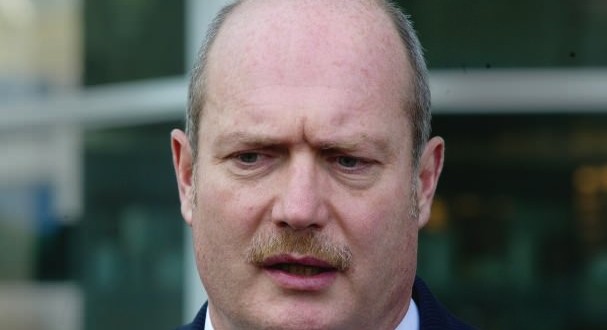The B.C. government is prepared to allow striking teachers to disrupt the start of a new school year in September rather than force a contract upon them with legislation, according to the province’s finance minister.
Every other union in the public service has been able to find agreements within the government’s balanced budget mandate, but the teachers’ union might be expecting a legislated settlement as has taken place in the past, de Jong said as he presented the public accounts that show B.C.’s budget balanced as of this spring.
“You cannot send negotiators into a bargaining session with other public sector workers, hammer out agreements that include very modest settlements, and then because another group decides to make a little more noise, provide more, because you are taking from one group in order to satisfy the demands of another within the context of a balanced budget,” de Jong said.
The BCTF strike for the last two weeks of June saved the provincial treasury about $12 million a day, while year-end studies and exams were disrupted. The two sides haven’t communicated since early July, when B.C. Supreme Court Justice Stephen Kelleher said they are too far apart for mediation to be effective.
Education Minister Peter Fassbender said the BCTF has to reduce its demands, in particular improved benefits he said represent an additional $225 million a year. Those include increases to preparation time, pregnancy and parental leave, extended health and dental care and substitute teacher compensation.
De Jong said the lesson of imposing settlements is that they haven’t worked.
“Every other sector of the public service is able to negotiate an agreement,” he said. “What is it about this one area, and is it the expectation that the government will step up and simply legislate an agreement? I hope that’s not the expectation, because that’s not the plan.”
Agencies/Canadajournal
 Canada Journal – News of the World Articles and videos to bring you the biggest Canadian news stories from across the country every day
Canada Journal – News of the World Articles and videos to bring you the biggest Canadian news stories from across the country every day



